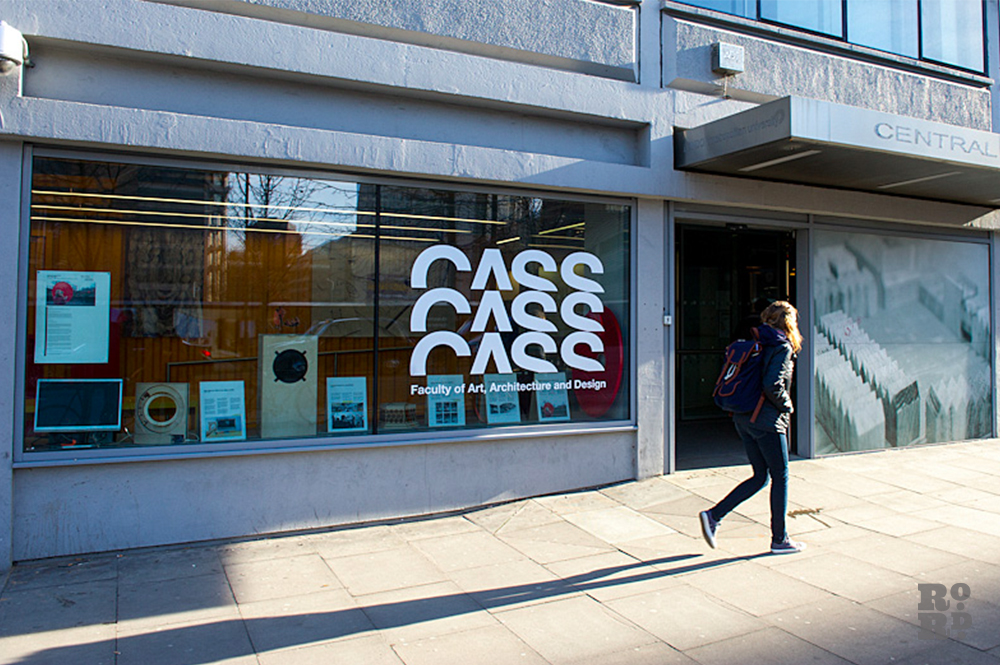Roman Road subject of Cass architecture and art degree
Roman Roman will be the subject of a three-year Fine Art and Architecture BA degree. The initiative is part of joint project between the The Roman Road Resident and Business Association (RRRBA), Cass School Art, Architecture and Design, and the Council’s Enterprise Team.
In October 2014, twenty students – 14 architecture students and six Fine Art students – opted to take a three-year course on Roman Road for their Fine Art and Architecture BA degree at Cass School of Art, Architecture and Design, part of London Metropolitan University.
The architecture and art students from Cass will be taking residence in a purpose-built, temporary community room on Roman Road from March 2015 and will be working on ideas to improve and regenerate both the road and the market. These ideas will feed into both the RRRBA’s community-led Vision and the London Borough of Tower Hamlet’s regeneration work led by the Enterprise Team.
The classroom will be situated in a disused piece of land behind the Barclays Bike station on Ford Road cul-de-sac just off Roman Road next to St Stephen’s Road car park. The students will be involved in the design and build of the structure, which will include a community garden and a community room open to the public. The garden will be developed and maintained in partnership with Bow-based garden centre, Growing Concerns.
The students will look at ideas for improving shop frontage, use of pavements and public realm space, street furniture, empty shops and even pocket parks. The Cass, the RRRBA, and the Council’s Enterprise Team will work on joint initiatives including panel talks, special markets and festivals. Highlights of the student’s course work can be seen on their blog ‘InterAct collective’.
The course is run by Torange Khonsari, Senior Lecturer and Architecture Tutor, and Andrew Hewsin, Senior Lecturer and Fine Art Tutor. Khonsari is also the founder and director of art and architecture practice Public Works and specialises in a grassroots-led approach to public realm and high street master plans.
“I believe in an inclusive and slow regeneration model,” says Khonsari. “The slow approach is required to make sure one understands the different social and community groups; has time to accrue a deep understanding of local concerns, desires and knowledge, and can act incrementally so locals are involved in the process of place making.”
Khonsari’s grassroots approach fits well with the RRRBA’s commitment to a community-led regeneration of the road. “Time and again we see ‘top-down’ architect-led urban master plans floundering and failing through lack of local knowledge” says Tabitha Stapely, Chair of the RRRBA. “The RRRBA believes that long-lasting regeneration is best achieved ‘bottom-up’, working in partnership with local residents and businesses. We approached Khonsari because we felt the students’s involvement over a three-year period would compliment our long-term initiatives as outlined in our Vision.”
Khonsari and her students will be exploring the ‘dark high street’ phenomenon, an issue affecting not just Roman Road but high streets across the country. Dark high streets are the result of the relaxation of planning rules at government level allowing the conversion of retail units into residential houses. The students will be looking at how high street houses could become extensions of the public realm at ground level to bring life back to ‘dark high streets’.
“I think the partnership between Cass and the RRRBA will herald one of the most exciting periods in Roman Road’s history.” says Stapely.


